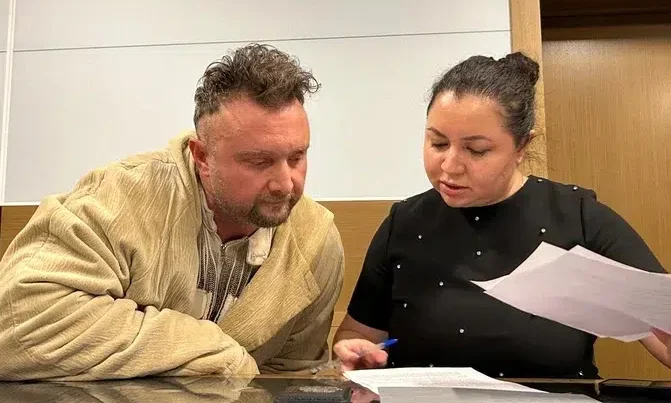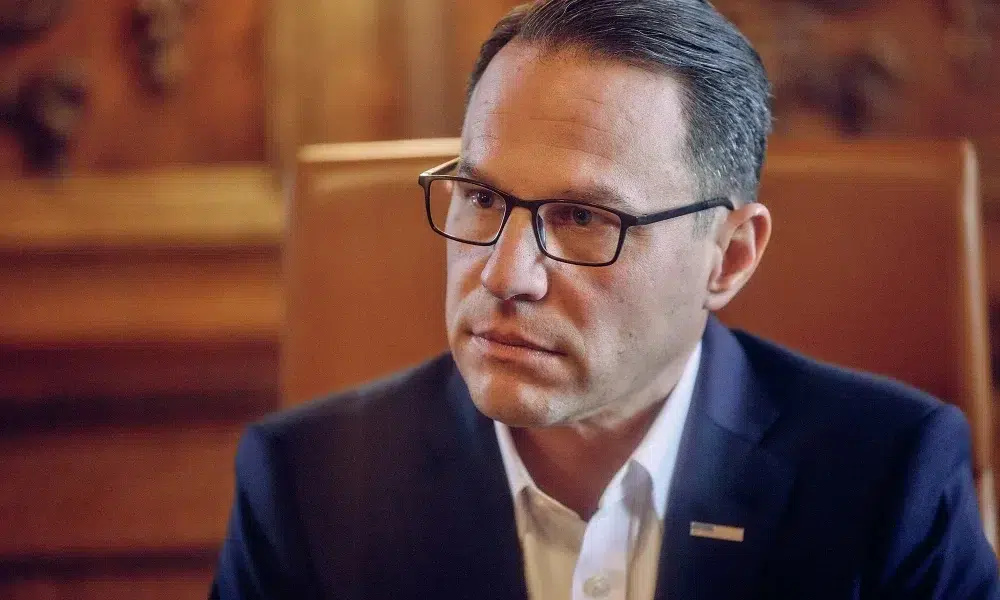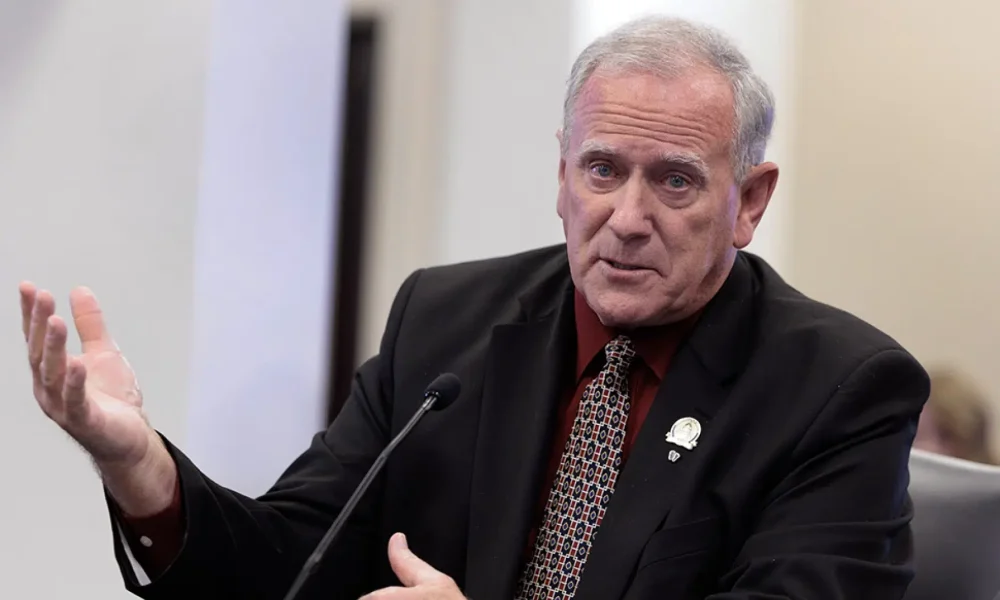The U.S. Department of Defense (DOD) has taken controversial steps to censor certain historical records, marking 26,000 images and online posts in response to former President Donald Trump’s executive order aiming to combat diversity, equity, and inclusion (DEI) initiatives. This large-scale move has drawn significant criticism, especially after one of the entries targeted for removal was a photo of the Enola Gay, the World War II-era B-29 bomber that dropped the atomic bomb on Hiroshima, Japan.
The move to flag these images and posts is part of an effort to comply with the Trump-era order, which aimed to halt training programs and materials related to diversity and inclusion within the federal government, including the military. The directive specifically sought to eliminate resources associated with concepts like critical race theory, which were seen as controversial by some political figures.
However, among the entries that were flagged for removal, one stood out for an ironic and historical reason: a photograph of the Enola Gay, the aircraft responsible for one of the most significant and contentious moments in U.S. military history. The plane was named after Enola Gay Tibbets, the mother of Colonel Paul W. Tibbets Jr., the commander of the 509th Composite Group, who piloted the plane during its mission on August 6, 1945.
The Department of Defense’s decision to remove the Enola Gay image stemmed from a peculiar interpretation of the executive order. The photograph was flagged simply because the word “gay” appears in the name of the aircraft. The irony of this decision has not gone unnoticed, as the historical significance of the Enola Gay and its association with the end of World War II was overshadowed by the DOD’s focus on the word “gay” in its description.
The decision has sparked outrage from many observers, who believe the DOD is overreaching in its attempt to sanitize history and suppress diversity initiatives. Critics argue that this represents a significant misstep in understanding both historical context and the importance of diversity within military history.
The controversy surrounding the Enola Gay image is just one part of a larger effort by the DOD to purge certain historical records and posts related to women and minorities in the military. As many as 100,000 records could potentially be removed from the DOD database. A number of these flagged entries are tied to efforts to raise awareness about the contributions of marginalized groups, including Black military figures like the Tuskegee Airmen, a group of pioneering African American pilots from World War II.
Additionally, posts related to LGBTQ+ awareness months, as well as training courses aimed at educating new recruits about the history of racial and gender diversity within the armed forces, have been marked for removal. Some of the affected materials included videos about the Tuskegee Airmen, which were initially flagged but later reinstated after significant pushback from within the Air Force.
As the DOD continues to assess which materials to retain and which to purge, many within the department and across the political spectrum are voicing concerns about the potential erasure of vital historical information. For example, images and documents highlighting the accomplishments of women in the military, including those who served during World War II, have been among the materials flagged for removal. These documents provide crucial insight into the contributions of underrepresented groups in the military and are seen as important educational resources.
One particularly contentious aspect of the purge involves biologists’ records about fish, which were flagged for containing references to the gender of certain species. These biological records, which include studies on the gender differences in fish populations, were also deemed problematic under the scope of the executive order’s guidelines.
On social media, the DOD’s actions have been ridiculed, with many mocking the agency for attempting to erase history and remove educational materials that promote diversity and inclusion. Critics have called the move an overzealous attempt to cater to political ideologies at the expense of historical accuracy and educational value.
Defense Secretary Pete Hegseth, who has been at the center of the debate, has not yet publicly addressed the backlash. However, the controversy surrounding the Enola Gay photograph and the broader effort to purge DEI-related materials continues to gain attention. Many argue that such decisions undermine the military’s efforts to foster an inclusive and diverse environment, one that reflects the true history of the U.S. military and acknowledges the contributions of all its members, regardless of gender, race, or sexual orientation.
As the DOD’s actions unfold, it remains to be seen how much historical content will ultimately be erased and whether the backlash will lead to a reversal of the decision. What is clear is that the conversation around diversity, equity, and inclusion in the military will continue to evolve, with implications for the future of military training and historical preservation in the United States.











